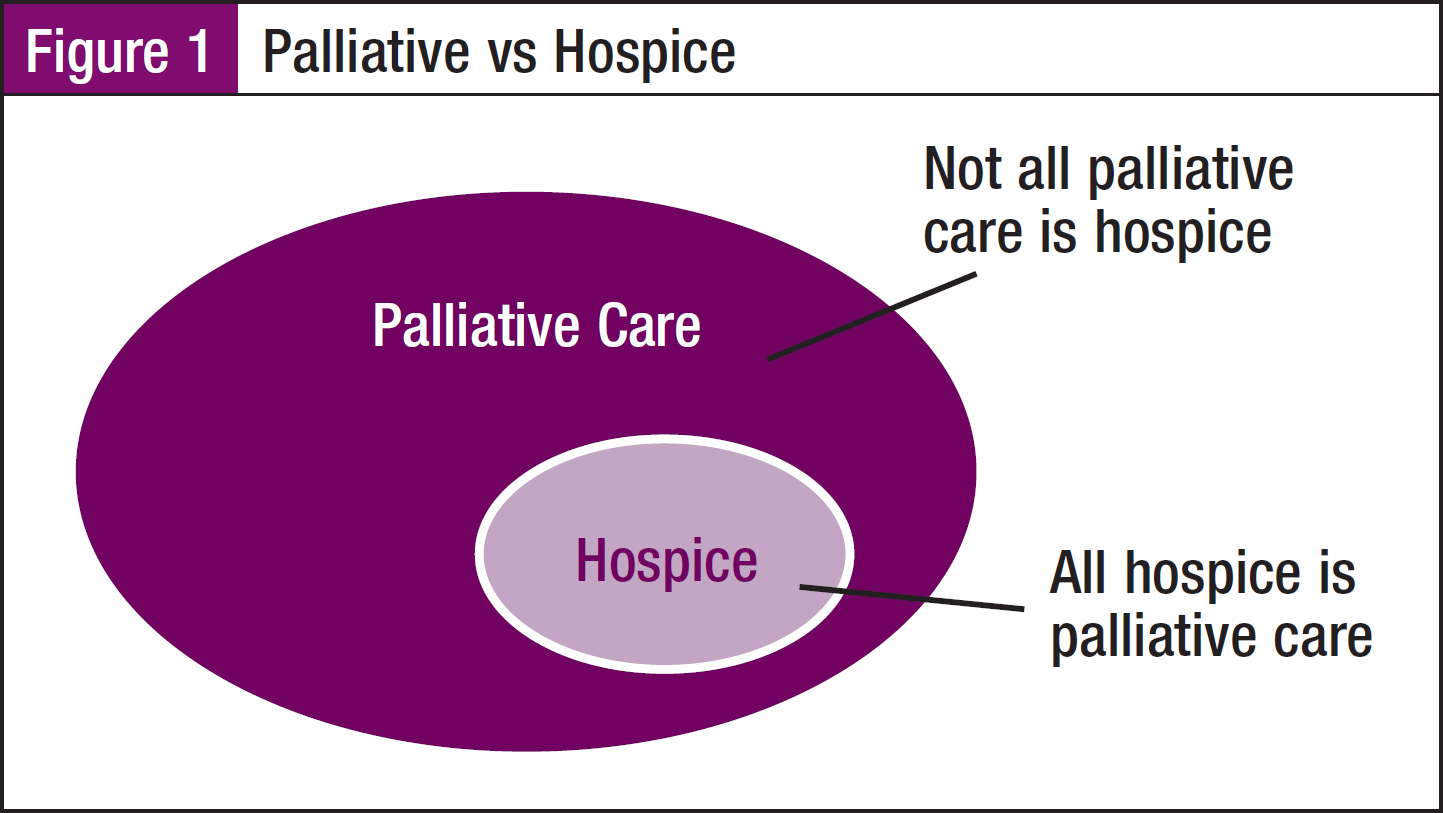
It doesn't really matter if you're a parent or employer. You need to be familiar with the Children’s hospital billing process. You should review your insurance policy prior to your appointment if your child is covered. If you don't have insurance, you can request a copy of your bill and an estimate of what you will owe. The hospital may allow you to pay with a debit or credit card, a check, or credit card. For further assistance, contact the Financial Counselors in the hospital. They are available 24 hours a day, seven days per week.
The children's hospital billing process varies between hospitals. Some hospitals bill patients to cover services, while others just bill them for charges. One hospital bill may be sent to a patient for each service performed. Other patients may receive multiple bills per visit. Some services, such X-rays, can be charged separately by the physician. Other services might be directly billed by the hospital.
Hospitals can bill patients for the time that the medical staff spends in the patient’s room. Other hospitals may charge for supplies and equipment. The hospital's resources may dictate the amount of charge for each service. This includes supplies, equipment, and exam rooms. Other services such as radiology may be included.

Some hospitals for children will pay for the services of other physicians who took care of your child. It can vary from hospital to hospital, and include doctors not affiliated with the hospital. But, it is important that you ask whether an out-of network provider was present when your child received care. If the provider was not present, the bill may be higher than the amount your insurance plan will cover.
You may also receive separate bills from your physician for services rendered to your child by them. A specialist at Children's Anesthesiology may bill the physician for services. Family Payment Center billing may not apply to other physicians who treated your child. If your child received care from an outside-of network provider, it is worth asking your doctor if they will bill you.
If you're paying for services through your insurance, you'll receive an invoice detailing the amount, as well as your insurance portion. If you don't have insurance, you will be sent a detailed hospital bill. This includes an account for each service. You can pay the hospital bills with a check, credit card, or another payment method. Logging in to your account is required if you're paying by debit card. If you need assistance, you can call Children's Health Customer Service at 888-828-0050.
Children's Health provides a variety insurance plans. They offer financial assistance and urgent care. You can also access additional information through the website about financial aspects of your care. You will also find helpful information regarding the registration process.

Keep in mind that hospital bills are estimates. The hospital will charge you a portion, and your insurance could pay part of it. Ask about any discounts that might be available to your child.
FAQ
What is the significance of the health-care system?
The health care system is an important part of any country's economy. It helps people live longer, healthier lives. It also creates jobs for doctors, nurses, and other medical professionals.
No matter what income level, health care systems ensure that everyone has access to quality healthcare services.
If you are looking into pursuing a career as a doctor, nurse, or another medical professional, then understanding how healthcare systems function is essential.
What is a public health health system?
The term Health System describes all activities related to providing medical services for a particular population. It includes service delivery, financing, regulation, research, education, training, and information systems.
What should you know about immunizations
Immunization refers to the stimulation of an immune response to vaccines. The body responds to the vaccine by making antibodies (immunoglobulins) that protect against infection.
What are the three levels for health care facilities?
General practice clinics are the first level. They provide basic medical services to patients who don't require hospital admission. If necessary, they may refer patients to other providers. This could include general practitioners and nurse practitioners as well as midwives.
Primary care centers are the second level, which provide comprehensive outpatient care and emergency treatment. These include hospitals.
The third level is secondary care centers which provide specialist services such as orthopedic surgery, eye surgeries, and neurosurgery.
What are the basics of health insurance?
Keep track of any policy documents you have if your health insurance covers you. If you have any questions, make sure to ask. Ask your provider questions or call customer support if you don't get it.
Remember to take advantage of your plan's deductible when it comes time to use your insurance. Your deductible represents the amount you will have to pay before your policy begins covering the rest.
Why do we need medical systems at all?
In developing countries, many people lack basic medical care. Many of these people die from infectious diseases such as tuberculosis and malaria before they reach middle age.
Most people in developed countries have routine checkups. They also visit their general practitioners to treat minor ailments. But many people still suffer from chronic illnesses like diabetes and heart disease.
Statistics
- Healthcare Occupations PRINTER-FRIENDLY Employment in healthcare occupations is projected to grow 16 percent from 2020 to 2030, much faster than the average for all occupations, adding about 2.6 million new jobs. (bls.gov)
- For the most part, that's true—over 80 percent of patients are over the age of 65. (rasmussen.edu)
- Consuming over 10 percent of [3] (en.wikipedia.org)
- Foreign investment in hospitals—up to 70% ownership- has been encouraged as an incentive for privatization. (en.wikipedia.org)
- The healthcare sector is one of the largest and most complex in the U.S. economy, accounting for 18% of gross domestic product (GDP) in 2020.1 (investopedia.com)
External Links
How To
How to Locate Home Care Facilities
Home care facilities assist people who require help at home. Home care facilities can be used by elderly or disabled individuals who are unable to get around on their own, as well those suffering from chronic diseases like Alzheimer's. These services include personal hygiene and meal preparation, laundry, cleaning as well as medication reminders and transportation. They often collaborate with rehabilitation specialists, social workers, and medical professionals.
The best way to find a home care service provider is through recommendations from friends, family members, local businesses, or online reviews. Once you identify one or two providers, you can ask them about their qualifications and experience. You should look for a provider that offers flexible hours so that they can accommodate your schedule. You should also check to see if they provide 24/7 emergency service.
Ask your doctor or nurse to refer you. If you're not sure where to start, try searching the internet for "home health care" and "nursing house". You could also use websites such as Yelp, Angie's List and HealthGrades or Nursing Home Compare.
You may also call your local Area Agency on Aging (AAA) or Visiting Nurse Service Association (VNA) for additional information. These organizations will keep a list of local agencies who specialize in home care.
Because many home care agencies charge high fees, it is essential to choose a reliable agency. Some agencies may charge 100% of a patient’s income. This is why it is important to select an agency that has been highly rated by The Better Business Bureau. Ask for references from clients who have used your agency before.
Some states even require homecare agencies that register with the State Department of Social Services. You can check with your local government to find out which agency registration requirements apply.
Consider these factors when looking for a homecare agency.
-
Be wary of any company that asks you to pay upfront before receiving services.
-
You should look for a well-established and reputable business.
-
If you are paying out of your own pocket, get proof of insurance.
-
Verify that the state has granted the agency license.
-
Ask for a written agreement outlining all costs of hiring the agency.
-
Check to confirm that the agency offers follow-up visits following discharge.
-
Ask for a list or certifications.
-
Sign anything without first reading it.
-
Pay attention to the fine print.
-
Insure and bond the agency.
-
Ask how long the agency has been operating.
-
Verify the license of the State Department of Social Welfare for the agency.
-
Find out if complaints have been filed against the agency.
-
Call the local government agency that regulates homecare agencies.
-
Ensure that the staff member answering the phone is qualified to answer questions about home care.
-
Contact your attorney or accountant to ensure you understand the tax implications of using home care.
-
For every home care agency you contact, always get at least three bids
-
The lowest bid is the best but you should not settle for $30 an hour.
-
Keep in mind that you might need to pay more than one home care agency visit per day.
-
Always read the contract carefully before signing it.